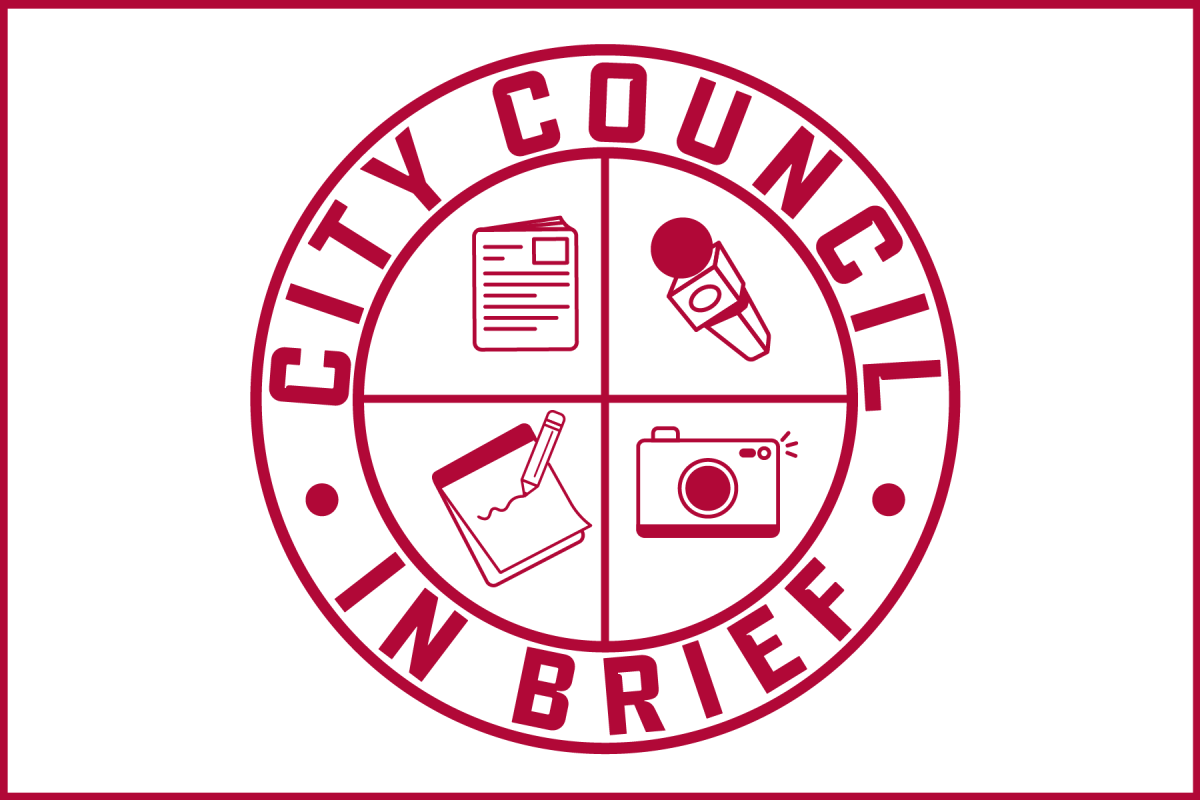The University offers a web-based alcohol prevention program required for all freshmen, as is common for universities across the nation. The course is also mandatory for incoming transfer students.
The program, AlcoholEdu, is recognized nationally for its effectiveness, as it uses the latest prevention techniques and scientific research to educate students about the impact of alcohol, according to a letter Executive Vice President and Provost Judy Bonner wrote to students.
Whether or not one abstains from alcohol entirely, Bonner wrote, it influences an individual’s life, as well as the lives of his or her family and friends.
“AlcoholEdu is designed to empower you to make well-informed decisions about alcohol and to help you better cope with the drinking behavior of others,” Bonner wrote. “The program has been helpful to many college students seeking ways to balance their new freedom living away from home with their need to establish a healthy lifestyle as young adults.”
AlcoholEdu was created by a company working outside the classroom, said Delynne Wilcox, course administrator.
“Therefore, we have a working relationship with the students as well as their parents,” she said.
The class is divided into two parts. The first part is available to incoming students a week before school starts, while the second part of the course opens four weeks into the semester. The break between the two sections of the class allows time to pass in which many students are first introduced to alcohol.
“We divide the class to maximize its effectiveness,” Wilcox said.
After part two is completed, students are required to go to seminars throughout the semester where alcohol prevention specialists can have one-on-one contact with students and hear what they have to say about their interactions with alcohol.
Wilcox said she thinks the most unique thing about the class is the personal assessment component each individual student has to fill out.
“The assessment allows administrators to see which students who have not been introduced to alcohol and to those most exposed to alcohol,” she said.
Once the second part of the class is completed, students can access the program anytime during the semester. This allows students to share personal experiences with other students as well as the administrators.
Students can also request the addition of other activities around campus to help keep them away from the use of alcohol.
“More students are coming to campus now that want nothing to do with alcohol, and these students will be the ones to impact the campus and universities around the country,” Wilcox said.
“[AlcoholEdu] was extremely informative and made me actually think responsibly before drinking,” said Jordan Doss, a freshman majoring in nursing.
Alyssa Bolden, a transfer student from UAB, said she thinks the class is great, because high schools don’t effectively teach students about alcohol consumption, and in AlcoholEdu, students are forced to learn it.
“The class gave me a lot of information about drinking responsibly, but honestly, I’m really not a big drinker,” she said. “I think it’s great the University offers it to freshman, because they are the ones who will be exposed to so much.”
Though an educational program doesn’t guarantee an alcohol-safe environment, Bonner wrote, AlcoholEdu has proven to be helpful to thousands of college students.
“If the program helps just one of our students make a good decision about alcohol and personal safety, then we will have been successful,” she wrote.








